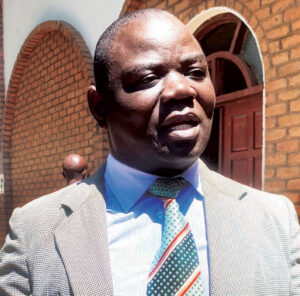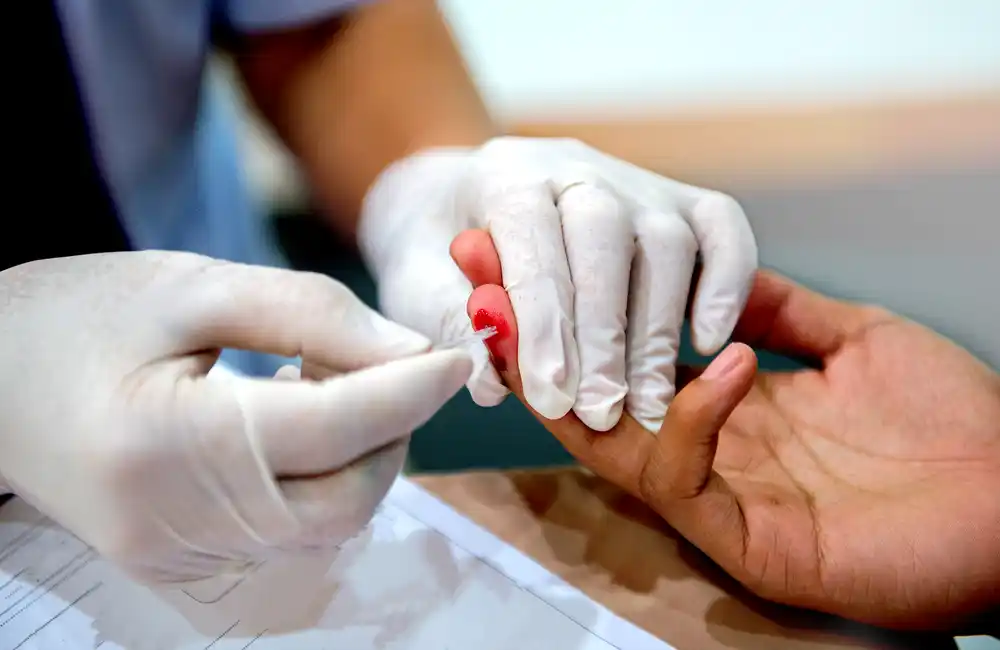
By Patience Lunda:
President Lazarus Chakwera has redesignated the Presidential Taskforce on Covid and Cholera in a move described as pivotal in making it an all-rounder.
As a result, the taskforce has been renamed Presidential Taskforce on Public Health Emergencies, a development attributed to the emergence of several public health emergencies in recent years.

Co-chairperson for the taskforce Wilfred Chalamira Nkhoma confirmed the development to The Daily Times.
He said they got a directive from the Office of the President and Cabinet (OPC), which indicated that the name change was effective August 20 2024.
Nkhoma said the taskforce would now be coordinating multi-sectoral responses to public health events, such that they have already started strategising on how Malawi can respond to the recent global threat of mpox.
He pledged the taskforce’s commitment to responding swiftly to public health emergencies by collaborating with stakeholders at the forefront of outbreak and emergency responses.
“The President [Lazarus Chakwera] has decided that instead of reacting every time there is a new public health outbreak, it is best to have a body that can accommodate these whenever they come up and it means now that the taskforce will continue to take care of coordinating responses to all emerging public health diseases that may show up, particularly those that have been declared globally and regionally,” he said.
Despite the redesignation, the existing committee members have been retained.
In recent years, Malawi has faced several public health emergencies, including outbreaks of pink eye disease, anthrax, rubella, polio and cholera.

Meanwhile, Malawi Health Equity Network Executive Director George Jobe has said the development will help in expediting responses to public health emergencies in the country.
“It started with a Cabinet committee on Covid and Civil Society Organisations (CSOs) raising a concern and advising the government to consider including other sectors, instead of just having Cabinet ministers in the taskforce. This was done and seeing that it is now being redesignated is a good move because public health emergencies will be responded to faster,” he said.
Currently, Malawi is on high alert for a potential mpox outbreak following its declaration as a Public Health Emergency of International Concern by the World Health Organisation (WHO).
Following WHO’s declaration, the Africa Centres for Disease Control and Prevention (Africa CDC) issued its first-ever declaration of a Public Health Emergency of Continental Security.
Although Malawi has reported suspected mpox cases, all tests have, so far, turned out negative.
Meanwhile, the Ministry of Health has advised people to continue observing mpox prevention measures such as avoiding physical contact with infected individuals or contaminated materials, regular hand washing with soap and seeking prompt medical attention if symptoms arise.
Last week, Ministry of Health Director of Health Technical Support Services Godfrey Kadewele assured Malawians that the country was prepared to manage mpox.

Addressing stakeholders at the close of a five-day Health Supply Chain Simulation Exercise (SimEx) held at the Humanitarian Staging Area (HSA) in Bangula, Nsanje District, Kadewere said healthcare officials had adopted a proactive approach.
“We have put all measures in place to ensure that we manage this virus effectively. Our health teams have been trained and we have the logistics ready to respond promptly to any outbreak,” he said.
The SimEx was organised by the Department of Disaster Management Affairs, MoH and World Food Programme to strengthen Malawi’s emergency preparedness response mechanisms.
Kadewere said the exercise evaluated Malawi’s readiness to respond to health emergencies, citing Mpox.
The director noted that early detection and timely response are crucial in containing diseases.
He also pointed out that the simulation exercise provided government agencies, non-governmental organisations and community health workers with a platform for testing their coordination prowess.
“Through this exercise, we have improved our ability to handle emergencies. We now have clear guidelines on managing outbreaks and ensuring the safety of citizens,” Kadewele said.








0 Comments